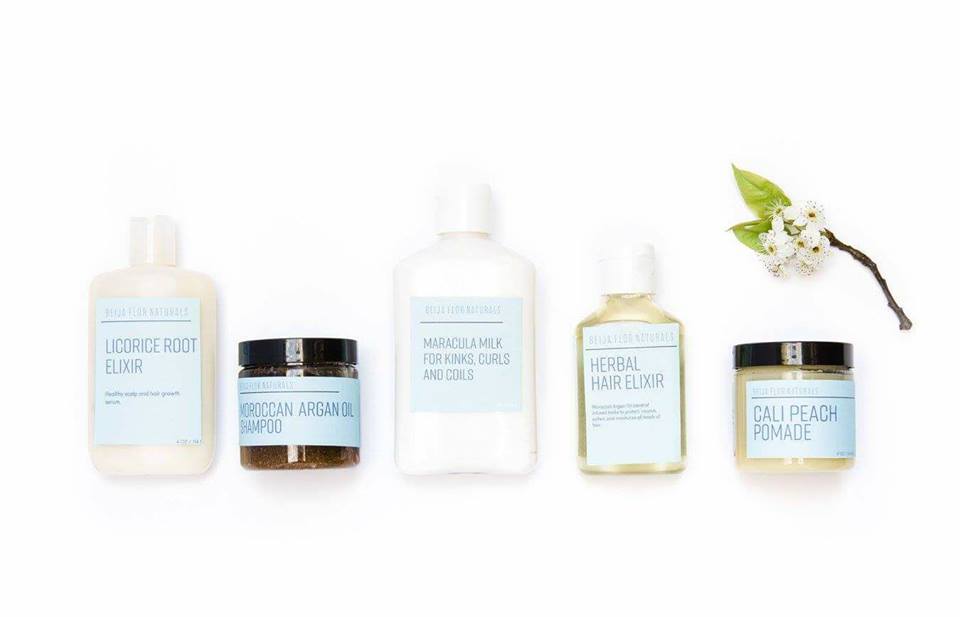
An Accidental Retailer Flourishes In The Bay Area
Stevonne Ratliff never intended to become a retailer. Her store, Concept Forty-Seven, was the fortuitous, albeit initially unplanned, result of securing space to produce her Brazil-inspired skin, hair and body care brand Beija Flor Naturals on a retail-friendly stretch of Telegraph Avenue in Oakland, Calif. In the four years since Ratliff stumbled into running the store, she’s picked up around 100 artisanal brands spanning beauty, jewelry, home, clothing, paper goods and more, and added a second location in San Francisco. Beauty Independent talked to Ratliff about changing customer demographics, the coconut oil craze and conscious consumption.
Your brand Beija Flor Naturals started five years before your store. Tell me about it.
I studied abroad in Brazil and have been there a few times. I was intrigued by Brazilian oil extracts and butters. I incorporated those things into my line. At the time, no other brand was doing it. Also, I had really bad discoloration due to mineral oil. I was allergic to mineral oil.
How did you find out about your mineral oil allergy?
A friend of mine is a dermatologist. He said, “Bring me all the products that you are using now.” At the time, I was using expensive things from Sephora. He said, “All of these have mineral oil in them, and you have a mineral oil allergy.” I cut out the mineral oil, and my skin got back to normal. It was as simple as that. Then, I began dabbling in making my own products and finding oils that I like.
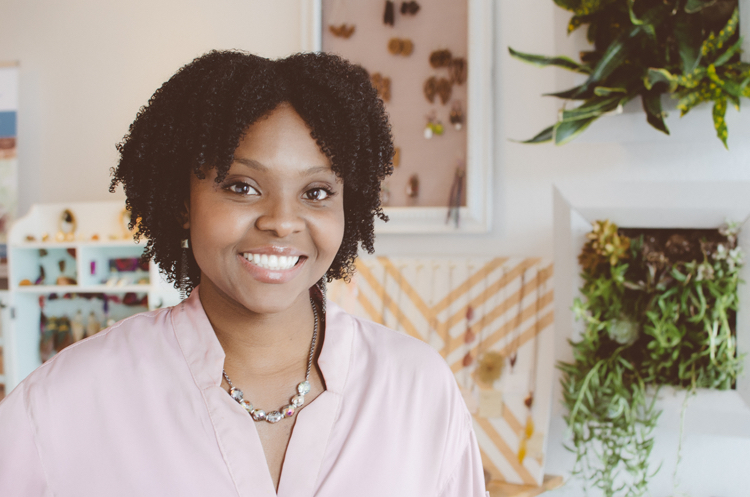
Would your younger self be surprised you operate a store?
Yes, I had no hopes of doing retail. I thought it was actually foolish to do such a thing, but I have it set up where it makes sense for me.
What are three of your top selling beauty brands?
Angelica & Peony. The founder is a Chinese herbal medicine doctor, and she makes really interesting balms and serums for the face. I also carry a brand called 7 Chakras that’s based out of San Francisco and has a really nice lavender body oil. Cocoa Butter Mothers is a brand that is out of the area, and the founder lives in Maryland. She has really nice packaging and herbal skincare that’s really popular.
How would you prefer brands contact you?
Email. It’s just a better organizational method for me. If someone comes in, I’m so busy, I may not even remember them, but I do respond to email.
How do you evaluate if a beauty brand is right for Concept Forty-Seven?
I look at the quality and the ingredients because I’m a formulator myself. My customers come here because they know they’re going to find something unique, that has interesting ingredients and that actually works. A lot of people are making things using similar ingredients, and they’re kind of boring. Another thing that’s really important to me is packaging people would want to grab off the shelves.
No mineral oil, right?
Absolutely no mineral oil. With the handmade brands that approach me, I’m pretty lucky because they don’t have any bad stuff in their products. Not all oils or extracts are the same. I use acai oil, which is one of the most expensive oils you can find and is very beneficial for your skin. Coconut oil is very basic. To me, coconut oil is a filler. I have a coconut oil product, but, you can’t market it as the be all and end all. You can get coconut oil at Trader Joe’s.
How does price enter your decision to carry a brand?
I’m not going to carry a $60 body butter. I wouldn’t buy it [as a consumer] unless it’s something ridiculously unique. I try to keep the price points between $18 and $30 max with the sweet spot being $20 to $24.
What margin do you take?
About 50%
How much do you usually buy of a line to bring it in?
I always start small, maybe six to 12 units per product type. Then, the bestsellers will reveal themselves. I don’t take whole lines because a lot of things overlap. There are a million serums, so I’m not going to take everyone’s serum, but I will try more at first and then the second order will be more of the bestsellers.
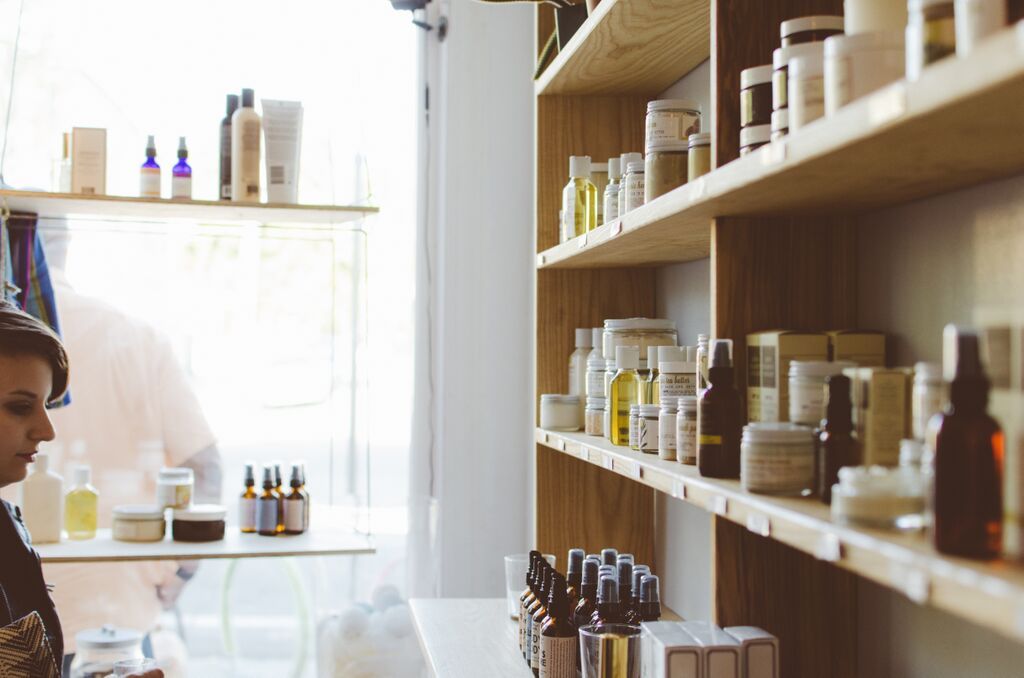
Do you care if brands are on Amazon?
I wouldn’t knock anybody for being on Amazon, but I don’t think I have anybody who is an Amazon seller. I wouldn’t want too many stores in the neighborhood to carry them. But I just try to focus on the product, and if it’s locally made and not corporate.
What’s key to brands developing a long-term relationship with Concept Forty-Seven?
Restock when you can, but I know how it is because I retail [Beija Flor Naturals], and I don’t restock either. I restock when I can because I’m so busy. I would just say be ready. The people who sell the most are the ones who when I say, “I need some more,” are there within the week to restock a bestseller.
What have you learned as a brand creator you impart to other brand founders?
I had to really step up my packaging game. It’s important to not fall into the trap of packaging that looks like everyone else, even though it might be good, because it’s all blurring together at this point.
How do you juggle your brand and the store?
I try to schedule things on a daily basis. I’ll say, “Today is a production day,” and I won’t deal with anything else but production. We’re just going to bust out products all day. Then, tomorrow, it will be shipping all day. Just shipping. You’ll never get anything done if you are flip-flopping all over the place.
You opened Concept Forty-Seven on a stretch of Telegraph Avenue that’s been quickly transforming. What’s been happening around your store?
Telegraph Avenue is one of the largest retail streets in Oakland, and one of the largest up-and-coming neighborhoods. Across from me, they’re building high-rise condos and retail. Whole Foods is going in three blocks from me. There are condo developments everywhere, and then there’s Temescal Alley and the 40th Street corridor. All of this stuff came within the past two years, so it’s like crazy growth.
“I had to really step up my packaging game. It’s important to not fall into the trap of packaging that looks like everyone else, even though it might be good, because it’s all blurring together at this point.”
Has the customer changed?
I was speaking to someone who has a store on Valencia Street in San Francisco. He had a good point that, when he first started, his customers were more teachers and even artists that have funny schedules or get off earlier. So, he would get people shopping in the daytime and a little bump on the weekends. But now we have a lot of the 9-to-5 tech people who have more set schedules. So, his daytime sales are totally dead, but weekends are triple what he used to do on weekends.
Are you shifting as the customer shifts?
I feel like people like what I have to offer, but one thing I’ve changed is that I am experimenting with higher price points to see how it goes like maybe I will carry a $35 candle. Of course, with that price point, it has to be special to justify it.
Would you ever want to open more stores?
Hell no. I like retail, but it’s just a lot to manage. It’s crazy overhead: the staffing alone will eat you alive. It’s fun, though, to interact with your customers and see what people want. People are more conscious about where things are made, how they’re made and who they are made by. They seek out stores like this because they know what’s here is ethically made.
Photo credit: Cia Gould

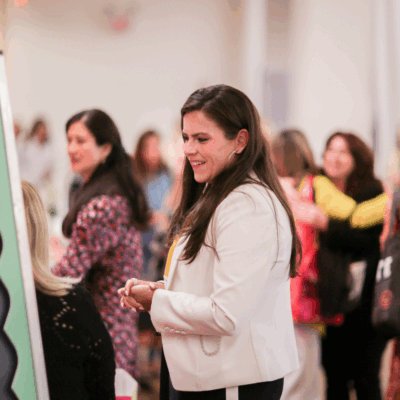
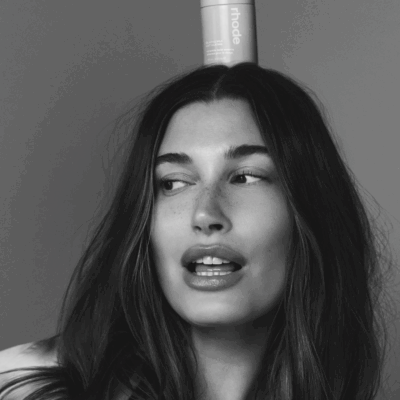

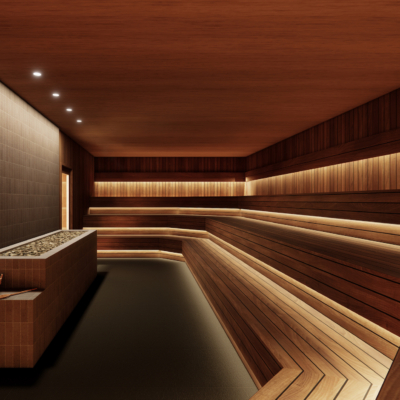
Leave a Reply
You must be logged in to post a comment.